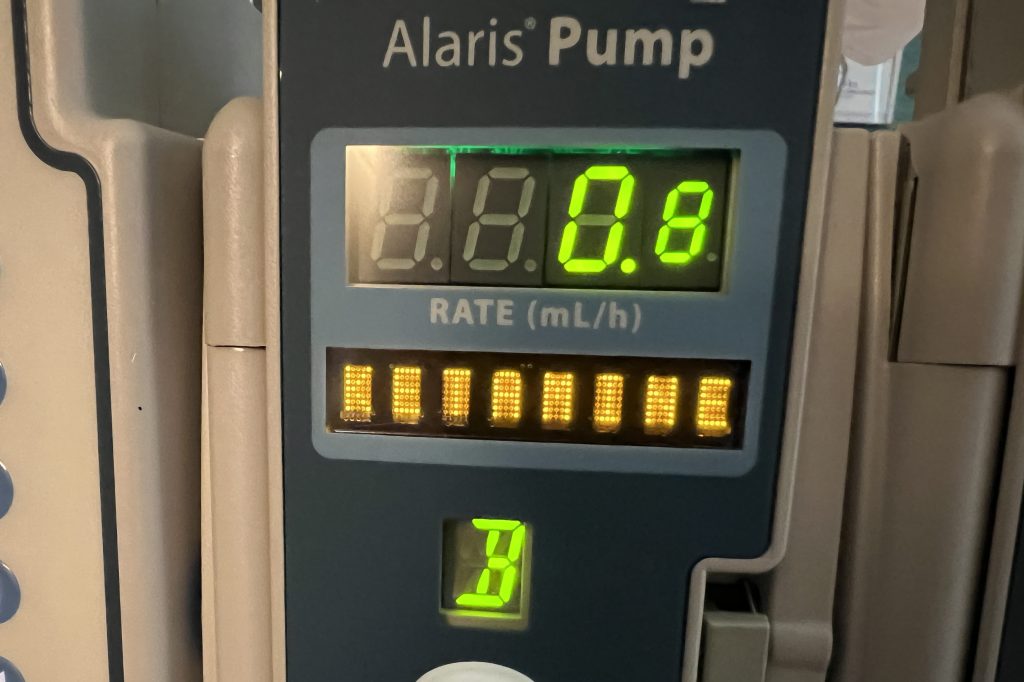The SEC announced it settled charges with apparel retailer Express, Inc, which went bankrupt earlier this year, for failing to disclose executive compensation it paid to its former CEO.
The agency did not identify the former chief executive by name, but said it involved proxy statements for fiscal years 2019, 2020, and 2021, which is when Tim Baxter was in charge.
Perks and personal benefits
“Express failed to disclose $979,269 worth of perks and personal benefits provided to its CEO, including certain expenses associated with the CEO’s authorized use of chartered aircraft for personal purposes,” the SEC said.
As a result, Express understated the “all other compensation” portion of its CEO compensation package by an average of 94% over those fiscal years, said the SE. Expenses included the chief executive’s use of chartered flights for personal reasons.
Public companies have a duty to comply with disclosure obligations so “investors can make educated investment decisions,” said Sanjay Wadhwa, acting director of the SEC’s Division of Enforcement.
What’s a perk?
Item 402 of Regulation S-K requires companies to disclose in their proxy materials perquisites (“perks’) or other personal benefits provided to a named executive officer in a given year if the aggregate value of the perks received by the named executive officer is $10,000 or more.
If the total value is $10,000 or more for any named executive officer, each perk, regardless of its amount, must be identified by type, and any perk with a value exceeding the greater of $25,000 or 10% of the total amount of perks for such officer must be quantified and disclosed in a footnote.
No penalty
The Commission did not impose a civil penalty due to the company’s self-reporting, cooperation and remedial efforts, Wadhwa noted.
In late June. the company’s assets were bought out of bankruptcy for $174m through a joint venture between WHP Global and mall owners Simon, Brookfield and Centennial, which made it a private company.
Another case
Several companies charged with violating perk disclosure requirements have avoided the imposition of civil penalties by cooperating with the SEC and implementing extensive remedial measures.
In June 2023, the SEC charged Stanley Black & Decker Inc, alleging that it failed to disclose at least $1.3m worth of perks and personal benefits paid to, or on behalf of, four of its executive officers and one of its directors for several years. The perks predominantly related to the officers’ and director’s use of Black & Decker’s corporate aircraft.
As with Express, the SEC declined to impose a civil penalty against Black & Decker due to the company’s self-reporting of its disclosure failures, cooperation with the SEC’s investigation and its implementation of appropriate remedial measures.















